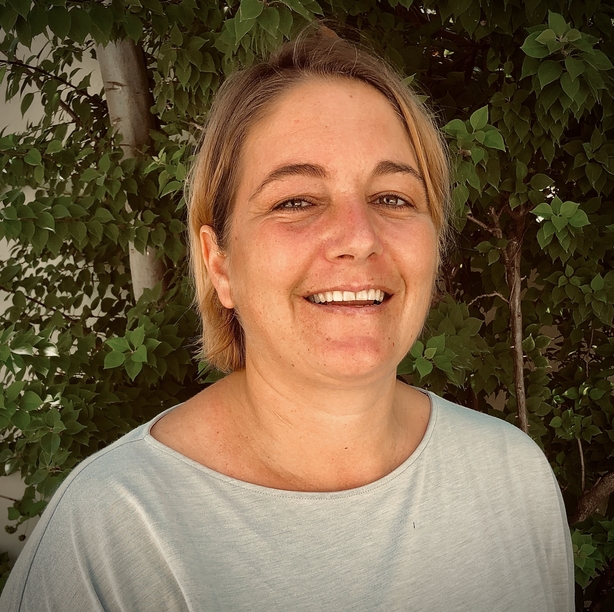According to the latest reports, 724 people were killed, many injured and the damages are significant in the South Eastern region of the country hit by the earthquake. Sibille reports from Port-au-Prince on the current situation.

A traumatized population
"The earthquake was felt throughout the country. Immediately afterwards, everyone went out into the street, outside the buildings, to protect themselves from possible collapses. This is the safety protocol here in case of an earthquake."
"The cell phone networks were saturated. Everyone was checking on their relatives. In HI, we immediately checked on the situation of each team member. Everyone was safe."
"There were aftershocks during the day and late into the night. It's exhausting. For many, in addition to the deaths and injuries, the earthquake reawakens the trauma of 2010 with the terrible earthquake that killed over 200,000 people. I have friends in the north of the country who slept outside at night for fear of the tremors."
Haiti hit by multiple crises
"Saturday's earthquake was a difficult blow. Through social networks, we can see that the population is devastated by the chain of disasters: Why us? Why do we have to go through all this? The situation has been deteriorating for the last two years or so, with insecurity marked by gang warfare, which seems uncontrollable, and political violence that reached its peak this summer with the assassination of the president. We live in a very anxious climate and the August 14 earthquake is yet another test."
"Until recently, the main road south of Port-au-Prince (which permits access to the south of the country) was a real war zone. It is now cut off after landslides. We have a maritime logistics platform in this area that we could use to deliver humanitarian aid. We are looking deeper into this possibility."
Rehabilitation is vital
"We are about to send a team to evaluate the needs. For HI, the priority will be post-operative rehabilitation: to ensure the rehabilitation of the injured who have undergone surgery."
"In a country like Haiti with a very poor and vulnerable population, which has few means to move around, the challenge is to make humanitarian aid accessible. Often, in this type of situation, we set up advanced rehabilitation posts within the communities themselves. Another option would be to organize mobile teams to visit the villages. This allows us to go directly to the people who need rehabilitation. Additionally, we often provide rehabilitation support to medical teams in hospitals: either by reinforcing their staff, or by advising them in rehabilitation management."
"Since 2010, HI has remained a major rehabilitation actor in Haiti. The organization has helped to structure the national rehabilitation services, which were almost non-existent ten years ago."
"At present, the hospitals in the South East are overwhelmed by the flow of injured people- and in this kind of situation, the risk of infection due to the lack of medical teams and medical equipment is very high. The risk for people with fractures who do not undergo surgery or who receive bad operations, is the possibility of disabling after-effects."
"However, even after a successful operation, rehabilitation is essential to regain mobility in the affected limbs, arm or leg. In Haiti, almost everyone does manual labor: cultivating a small plot of land, repairing various objects, daily work, etc. Physical mobility is almost required for families to have an income."





